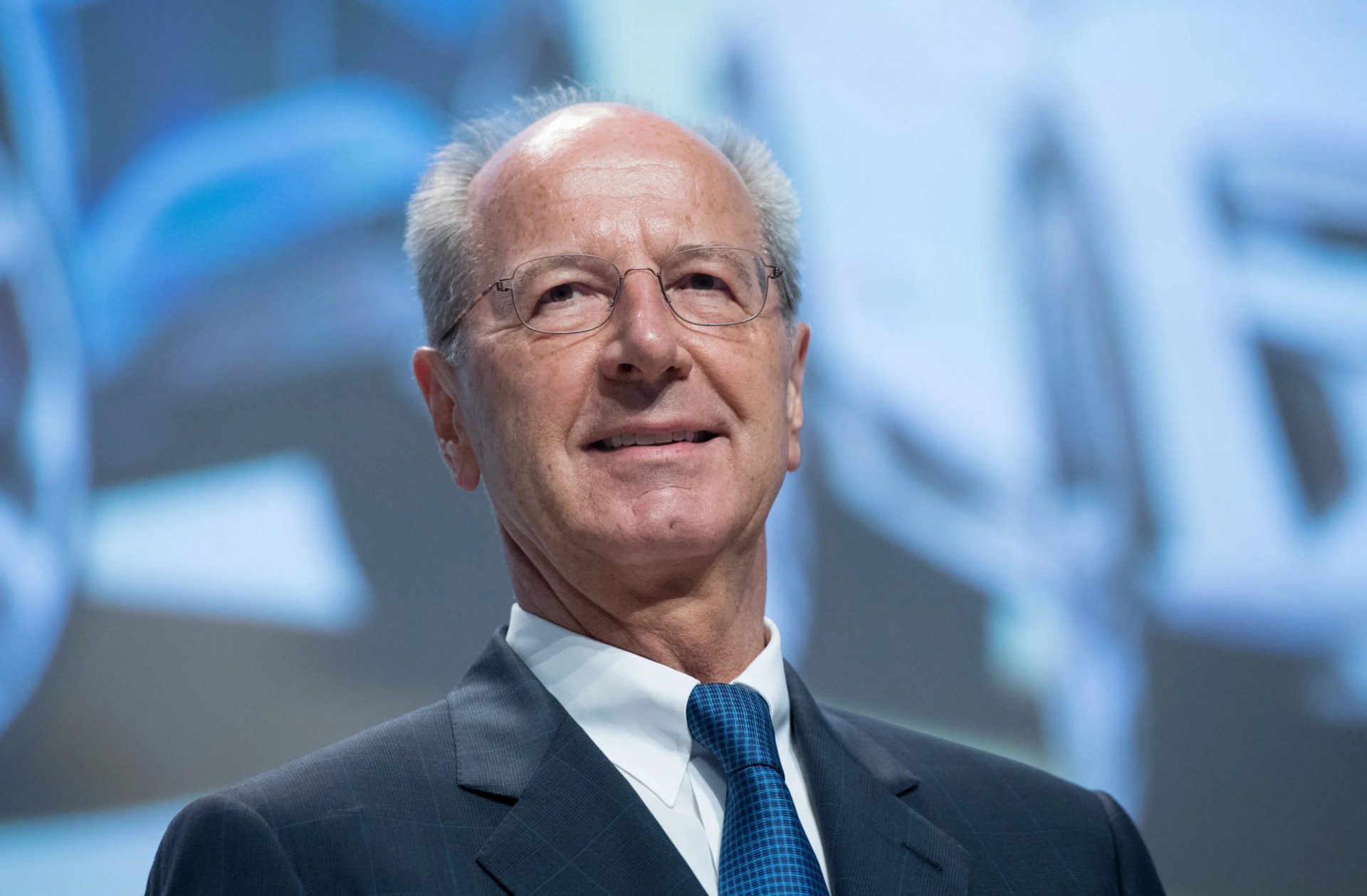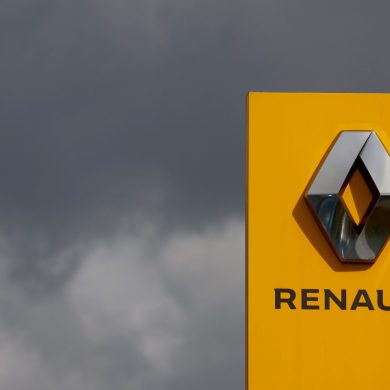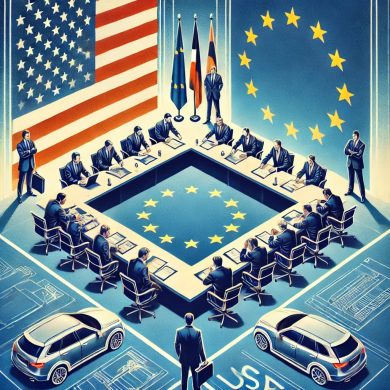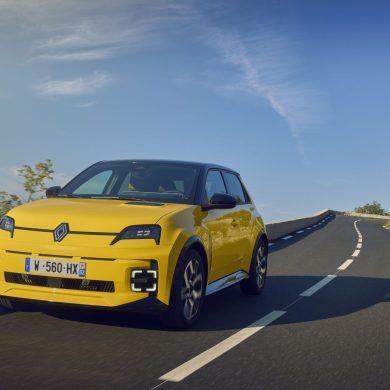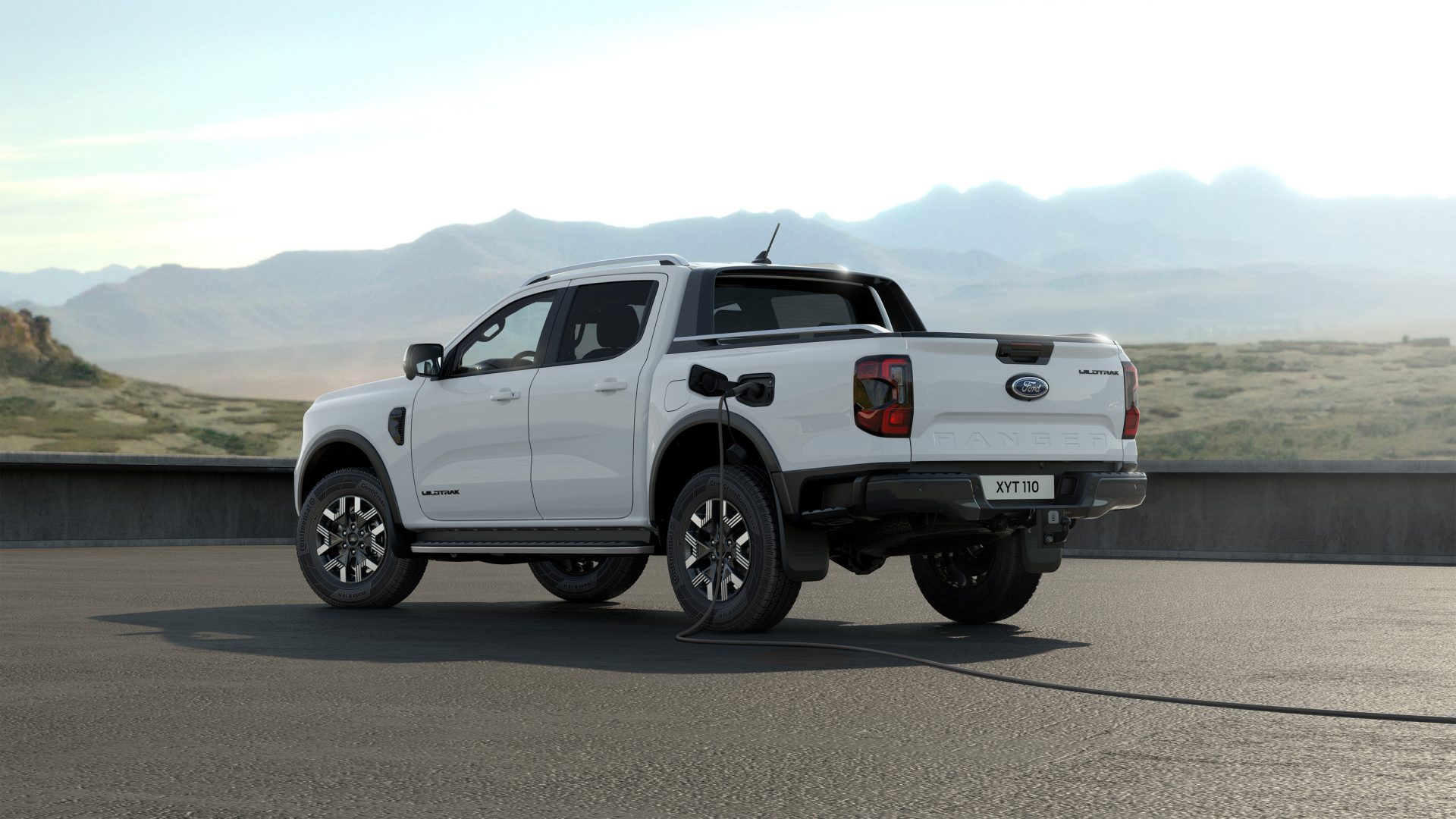The President of the Volkswagen, Hans Dieter Pötsch calls for the EU's emissions targets to be "brought into line with reality", slamming that policymakers have set challenging climate ambitions but have not fully thought through the steps needed to get to that point. At the same time, the company announced a price increase for its thermal models in Germany to safely address the increased costs imposed by electrification.
In particular, Volkswagen Group Chairman Hans Dieter Pötsch called on the European Union to change its emissions targets and provide clarity to the automotive industry as the manufacturer faces job cuts and unprecedented plant closures in Germany.
The VW veteran, who has close ties to the Porsche-Piech family of owners, said policymakers have set tough climate ambitions but have not fully considered the steps needed to get to that point. Targets need to be "adjusted to reality" to give the industry more time.
"Electromobility is the future of private mobility, but, and I cannot stress this enough, politicians have given the industry targets without the necessary infrastructure and without considering whether customers are on board," Pötsch said on 11 September at an event in Vienna.
Pötsch oversees VW at a time of turmoil for the German automaker, which is struggling with high costs and stiffer competition from Tesla and Chinese automakers led by BYD and SAIC.
VW on Tuesday scrapped three decades of job protection in Germany after warning last week that it may have to close plants in Europe's biggest economy for the first time.
Talks with employee representatives and unions, who have unusually strong influence at VW, could potentially last until the end of the year, Pötsch said on the sidelines of the event.
"During this phase of the process, it is really important to convince people that there is no way to avoid structural changes," he said.
The spikes in the EU
The EU "must now create the conditions for the success of electromobility in terms of electricity grids, charging, raw materials, vehicles and investment support", he said.
The decision to terminate the job security agreements sets VW up for long-term conflicts with employee representatives. The cuts at the Wolfsburg-based company are harder to push through than elsewhere.
Half of the seats on its supervisory board are held by employee representatives and the German state of Lower Saxony - which holds 20% of the shares - often sides with the trade unions.
In his remarks, Pötsch said that the car sector needs "innovative, competitive products and strong cooperation from politics, business and society".
"Other regions of the world are successfully setting an example for us," he said. "Protectionism and isolationism will not help."
This was echoed by Renault CEO Luca de Meo, who said carmakers should work with and learn from Chinese companies.
An industrial engineer from Austria, Pötsch is also CEO of Porsche SE, the investment vehicle of the Porsche-Piech clan. He gained the family's trust by negotiating the successful conclusion of a multi-year takeover saga that resulted in VW gaining control of sports car maker Porsche in 2012.
Pötsch joined VW as its chief financial officer in 2003 after serving as managing director of Duerr AG and chief controller at BMW. He has been VW chairman since 2015.
"The trend of e-mobility will prevail," said Pötsch. "But it will take more time."
Raises thermal prices in Germany to counter the damage of electrification
In Germany, Volkswagen has increased the prices of its cars with internal combustion engines. All diesel and petrol models (except the Polo) increased by 2.1% to 4.2%, with list prices reaching 2,490 euros. At present there is no information on possible price list changes in other countries. .
This is not the first time the manufacturer has increased its prices: we already saw a similar initiative in spring 2023, with changes across the range. But that was a few months after the supervisory board had declared any further adjustments to the price lists unnecessary.
Crucial moment
The increases - ranging from €490 for the Taigo to €2,490 for the Touareg and €1,150 for the Golf - are not limited to the model itself, but also apply to all the accessories available in the catalogue (including Adas and spare wheels). The price adjustment comes at a crucial time for Volkswagen: between the boogeyman of factory closures, union problems and sales of electric models not being as rosy as expected, the manufacturer has a complicated period ahead of it.


